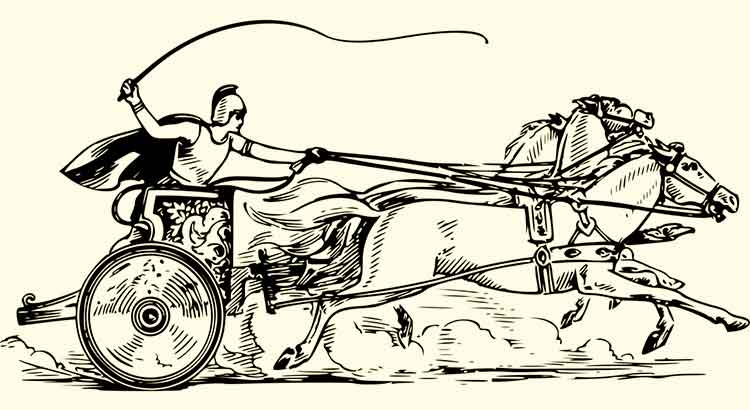It is interesting to note how the repression of the subconscious, or of a sphere perhaps autonomous from the conscious itself, seems necessary for the reality not to becomes unbearable. First of all, by the innate repugnance to the random and irrational. Then, by the need for behavioral and psychological unity. The conflicting, the duality, the uncertainty are almost intolerable to human nature, so a choice is forced: a conscious choice, which involves an active effort and is not but the intentional denial of a face of reality. Thus, it seems necessary to falsify life in favor of the practical. The alternative path is frightening. To deny the confrontation, besides, is a good trick not to lose…
____________
Read more:

![An Unsuitable Animal [2]](https://lucianoduarte.com/wp-content/uploads/2020/07/Animal-2-1.jpg?x11614)

